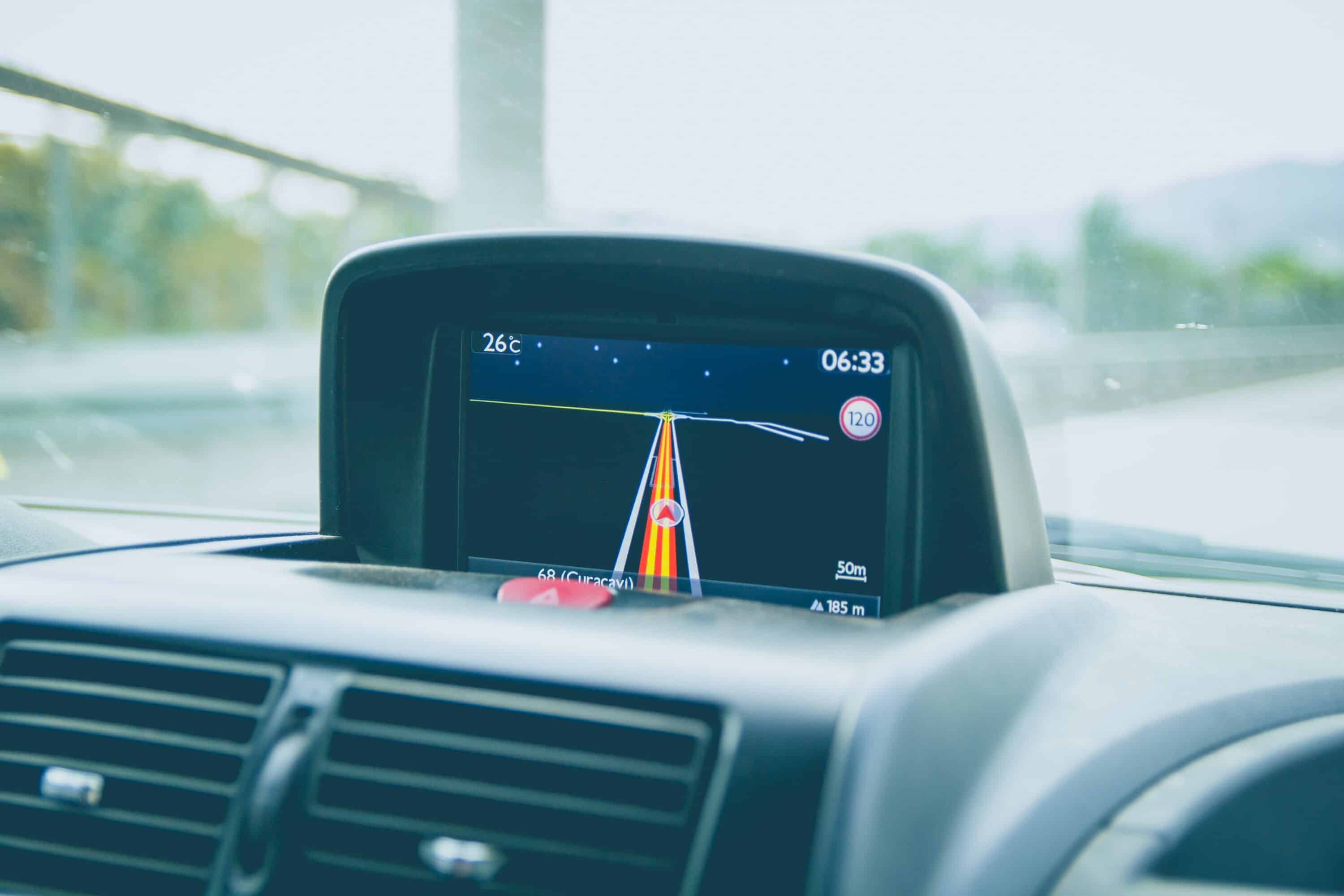GPS: Does Its Widespread Adoption Reduce CO2 Emissions?

The widespread adoption of GPS has transformed how we travel, offering increased convenience and efficiency in driving.
This holiday season, it’s reminiscent of parents explaining to their children that, at their age, travel was a source of arguments and difficulty when trying to find one’s way. A poorly read Michelin map, a missed turn due to inattention, and it was a disaster. Without going that far, a simple trip outside our “mental map” was a battleground, even in the city where you lived.
The GPS and its democratization have made even the shortest journeys easier, but also more fuel or electricity efficient? Has this satellite geolocation technology contributed to reducing CO₂ emissions related to automobiles?

Optimizing Routes: A Reduction in Emissions
One of the main contributions of GPS to emission reduction lies in its ability to optimize routes. By offering shorter or less congested trips, GPS allows drivers to limit their time on the road. This results in lower fuel consumption and thus a decrease in CO₂ emissions. A study conducted by NuStats in Munich and Düsseldorf, Germany, revealed that using geolocation systems led to an average fuel consumption reduction of 12% over 100 km, avoiding the emission of 25 grams of CO₂ per kilometer per vehicle. When multiplied by hundreds of thousands of trips annually, the savings from GPS are enormous.
Moreover, these systems can reroute drivers in real-time in case of traffic jams or accidents, preventing prolonged stops that increase consumption. These occasional savings can add up collectively, improving overall network efficiency.
However, these gains heavily depend on driver behavior and traffic conditions. If users ignore GPS recommendations or if detours cause longer routes, the impact may be negligible, or even negative.
Fleet Management: A Lever for Businesses
In logistics, the positive impact of GPS is more evident. Tracking and fleet management systems enable companies to optimize their operations. By planning more efficient routes and avoiding unnecessary trips, fleets reduce fuel consumption.
For example, delivery companies can optimize routes to minimize distances traveled, especially in urban areas where traffic congestion is common. Smart management of trips not only cuts costs but also reduces the carbon footprint of logistics activities.
Another positive effect is that these GPS systems monitor driver behavior, particularly tendencies for abrupt acceleration or speeding, which increase fuel consumption.
Reducing Detours: A Marginal Benefit?
Before GPS, it was common for drivers to get lost or take suboptimal routes, extending the distance traveled. Modern systems largely resolve these issues. A driver equipped with GPS is less likely to make unnecessary detours, which can help reduce emissions.
However, this advantage remains modest. Gains from individual trips are insufficient to offset the overall impact of increasing emissions due to the growth in vehicle numbers on the road.
The Rebound Effect: A Possible Increase in Emissions
Paradoxically, the ease of use provided by GPS encourages more car usage. By making trips simpler and less stressful, GPS encourages drivers to undertake more journeys. This “rebound effect” could negate the intended environmental benefits.
Furthermore, while GPS helps to reduce traffic jams, it does not eliminate them. Shifting traffic flows to less congested areas may lead to increased emissions elsewhere without lowering the overall levels.
This page is translated from the original post "GPS : sa démocratisation fait-elle baisser les émissions de CO2 ?" in French.
We also suggestthese articles:
Also read




